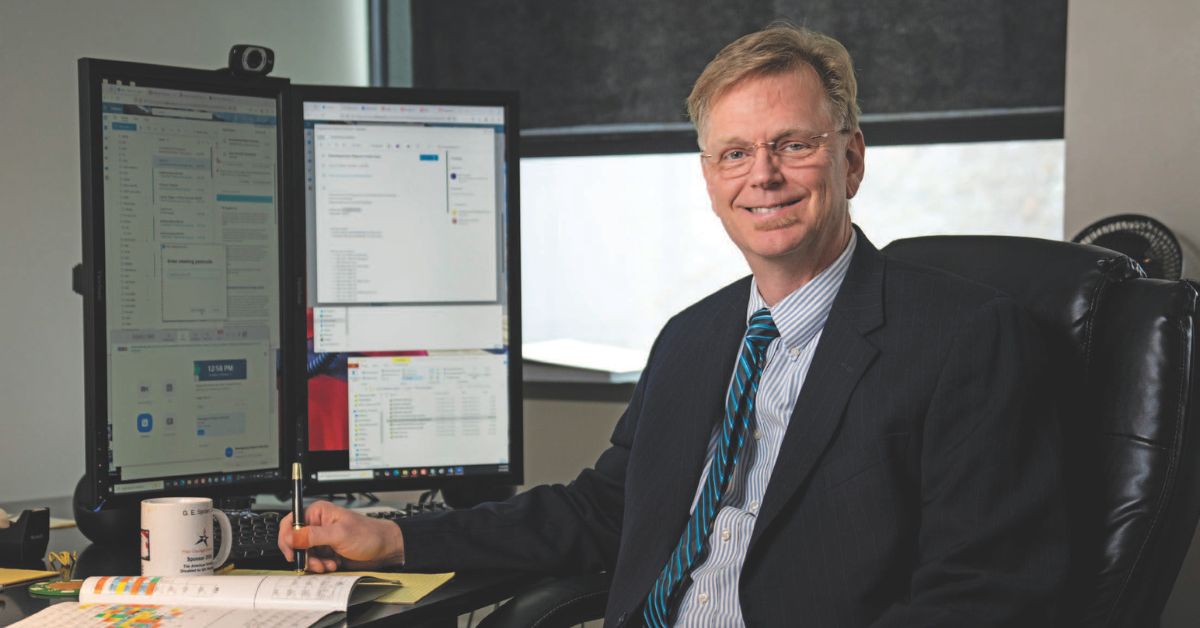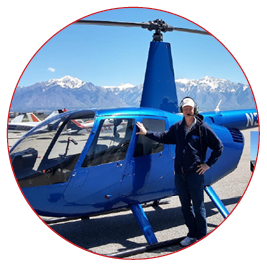How Dr. Glenn Sjoden Elevated Nuclear Engineering at Utah—and Set It on Course for New Heights
After more than four decades of military, federal, and academic leadership in nuclear engineering, Dr. Glenn Sjoden will retire this summer as the EnergySolutions Foundation Presidential Endowed Chair in Nuclear Engineering and Director of the Utah Nuclear Engineering Program (UNEP) in the John and Marcia Price College of Engineering.
Since joining the University of Utah in 2019, Dr. Sjoden has brought remarkable vision and dedication to a small program that continues to punch well above its weight. Under his leadership, UNEP strengthened its reputation for excellence in nuclear education, research, and service.
With a wide range of job titles—U.S. Air Force lieutenant colonel, chief scientist at the Air Force Technical Applications Center, and Professor—Dr. Sjoden’s career has carried one major motif: team-based success.
“It can’t be all about you—it’s about the team,” he often reminds colleagues. That collaborative mindset guided his work at the U, where he prioritized not just scientific progress, but also investment in students, infrastructure, and colleagues.
He led a major overhaul of the university’s nuclear research reactor, expanded the program’s capacity to train nuclear engineers in medical isotope production and reactor operations, and mentored a generation of students who now contribute to critical national laboratories and energy institutions across the country, including Los Alamos National Lab and Lawrence Livermore National Laboratory. Thanks to support from the EnergySolutions Foundation and Dr. Sjoden’s strategic leadership, the program has made high-impact investments in research personnel and facilities.
Just in time to cap off his career, Dr. Sjoden has been recognized with one of the field’s most prestigious honors by being elected a Fellow of the American Nuclear Society (ANS), the Society’s highest membership grade. Reserved for a select group of professionals, ANS Fellowship signifies outstanding leadership in nuclear engineering education and research. He will be formally recognized at the 2025 ANS Annual Conference in June, 2025.
Another distinction Glenn received while at the University of Utah was being elected a UtahAES member. In June 2024, he was inducted into the Utah Academy of Engineering and Science (UtahAES)—joining an elite group of just 80 living members that includes former Price College of Engineering Dean Richard B. Brown.
In retirement, Glenn is excited to focus on consulting, time with family, and an unexpected lifelong dream—flying helicopters. After being told during his Air Force career that poor vision would keep him grounded, Dr. Sjoden has logged hours in the cockpit in recent years, working toward his helicopter pilot license. Having spent a career helping students and colleagues soar, Dr. Sjoden now takes to the skies himself, leaving behind a program ready to rise even higher.
Glenn leaves us having recently positioned the program for upward momentum: After an extensive search, chaired by Dr. Sjoden, himself, we are excited to announce that Dr. Supathorn (Supy) Phongikaroon, a highly respected figure in the nuclear engineering field, will be replacing Dr. Sjoden as the Director of the Utah Nuclear Engineering Program and EnergySolutions Endowed Chair.
Nuclear Engineering at the University of Utah
The Utah Nuclear Engineering Program (UNEP) is responsible for educating the next generation workforce in critical nuclear engineering fields and developing innovative procedures and technologies for the advancement of nuclear applications.
Our curriculum is designed for engineers and scientists involved in the nuclear power and radioactive waste industries, nuclear medicine, homeland security, radiation safety, and nuclear materials detection. We offer an undergraduate minor and two graduate degrees (M.S. non-thesis and Ph.D. in Nuclear Engineering).
More news from our department:
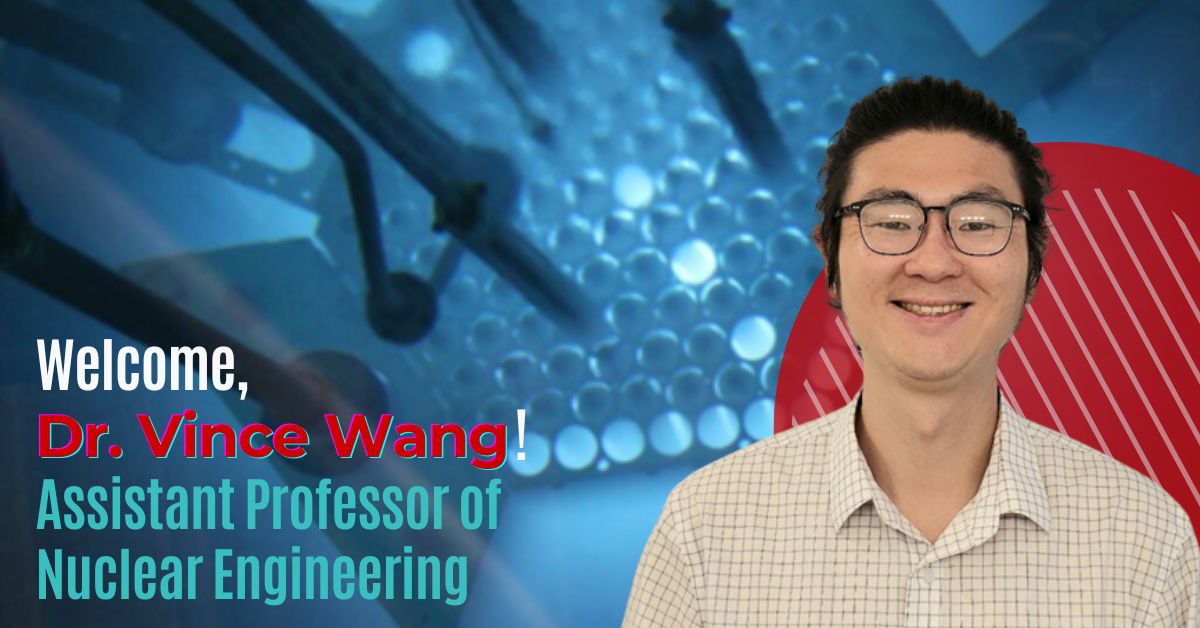
Welcome (Back) Dr. Vince Wang to the Utah Nuclear Engineering Program (UNEP)!
We’re excited to announce that Dr. Vince Wang will be returning to the University of Utah as an Assistant Professor of Nuclear Engineering starting August 2025. With an impressive track record spanning both academia and nuclear industry, Dr. Wang brings invaluable expertise to our growing program. Dr. Wang previously worked at Radiant, a cutting-edge microreactor […]
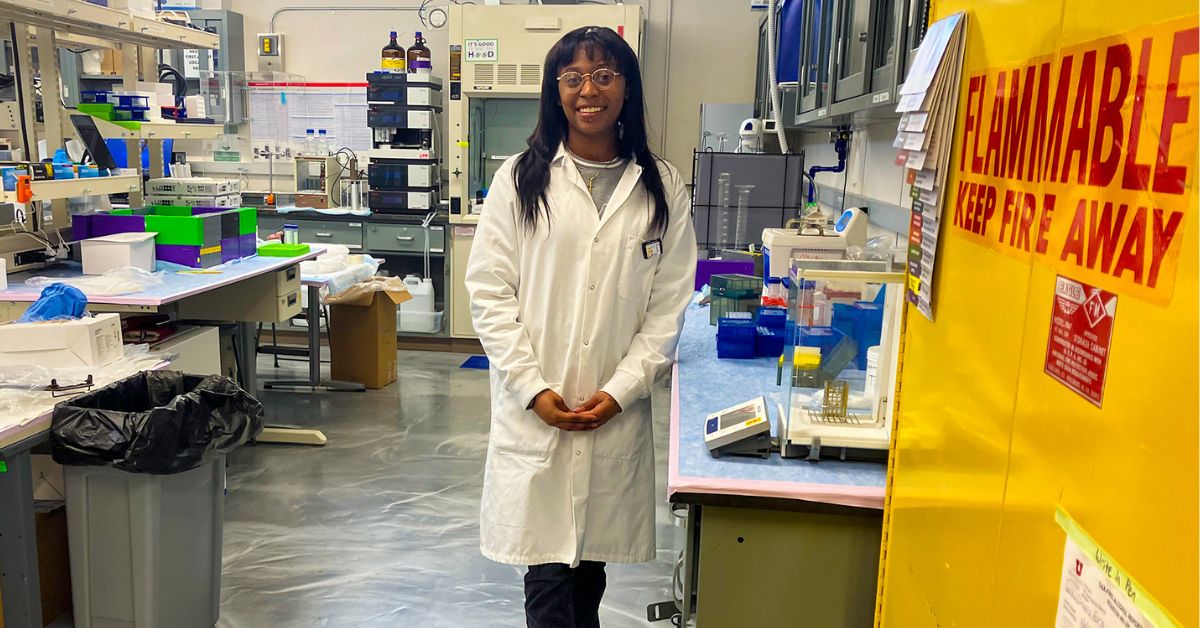
Bridging Nuclear Science and Public Health for Medical Breakthroughs
Cametrius Warren’s Research is Changing Medicine — and Minds. Cametrius Warren leans over a lab bench, carefully handling biological samples as part of her research at the University of Utah. A first-year Ph.D. student, Warren is not only dedicated to advancing nuclear medicine but also to changing the way the world perceives radiation. Originally from […]
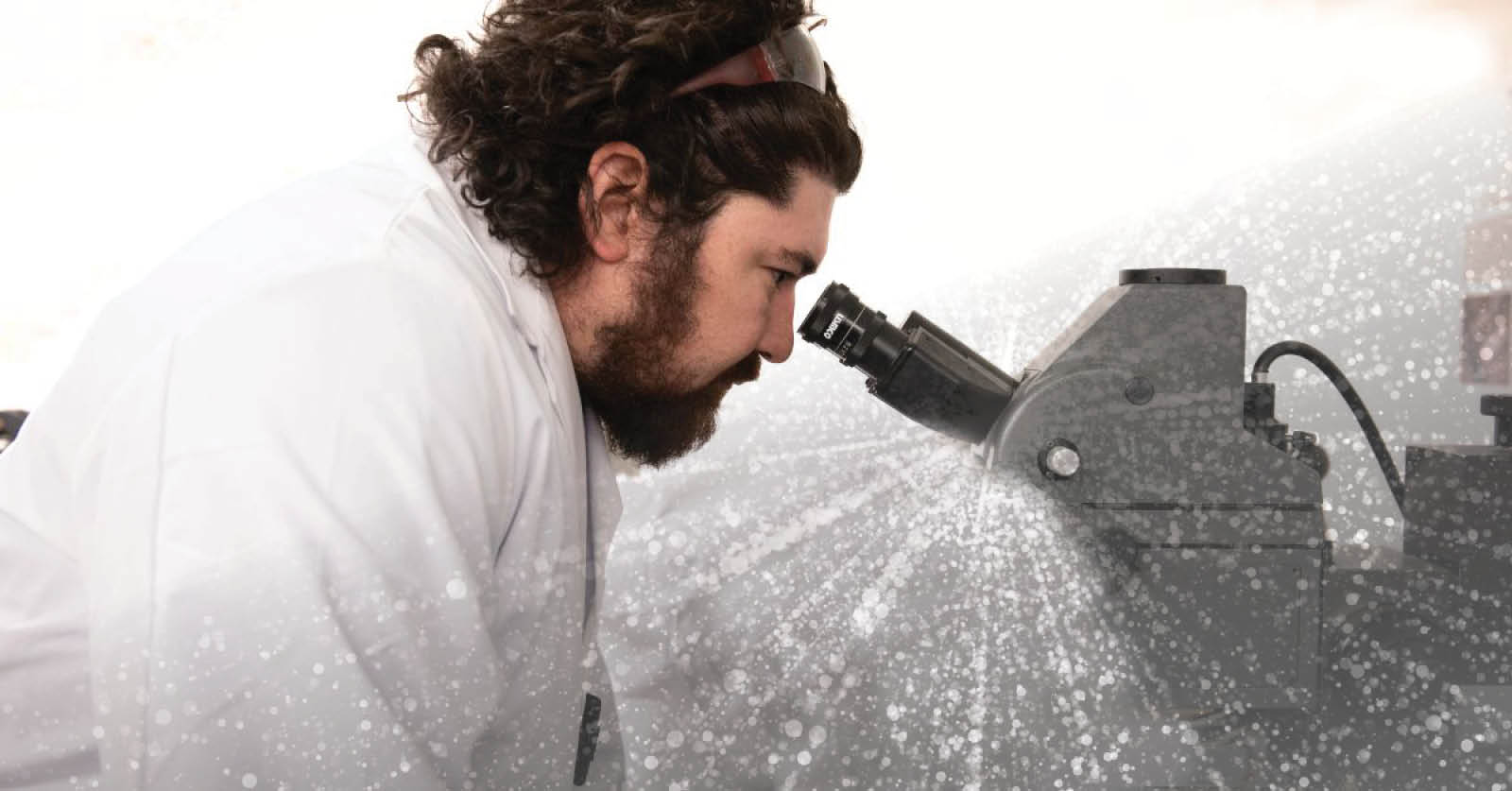
Nuclear Detective: U of U Professor’s Research is Enhancing National Security
Quantum Science and AI Meet Nuclear Forensics Detecting and analyzing nuclear materials is a critical challenge in global security, yet current methods often struggle with accuracy, efficiency, and scalability. One of the biggest gaps in nuclear forensics is the lack of advanced materials capable of reliably sensing radiation and providing clear, identifiable signals. Dr. Ed […]

New Nuclear Methods
University of Utah Research is Improving Radiation Detection Congratulations to Taylor Kimball, A PhD student in Nuclear Engineering at the University of Utah, whose research has been published in the prestigious Nuclear Technology journal! Kimball’s innovative work introduces a new method to create calibration standards for use in radiation detectors at radioxenon measurement labs, which […]

